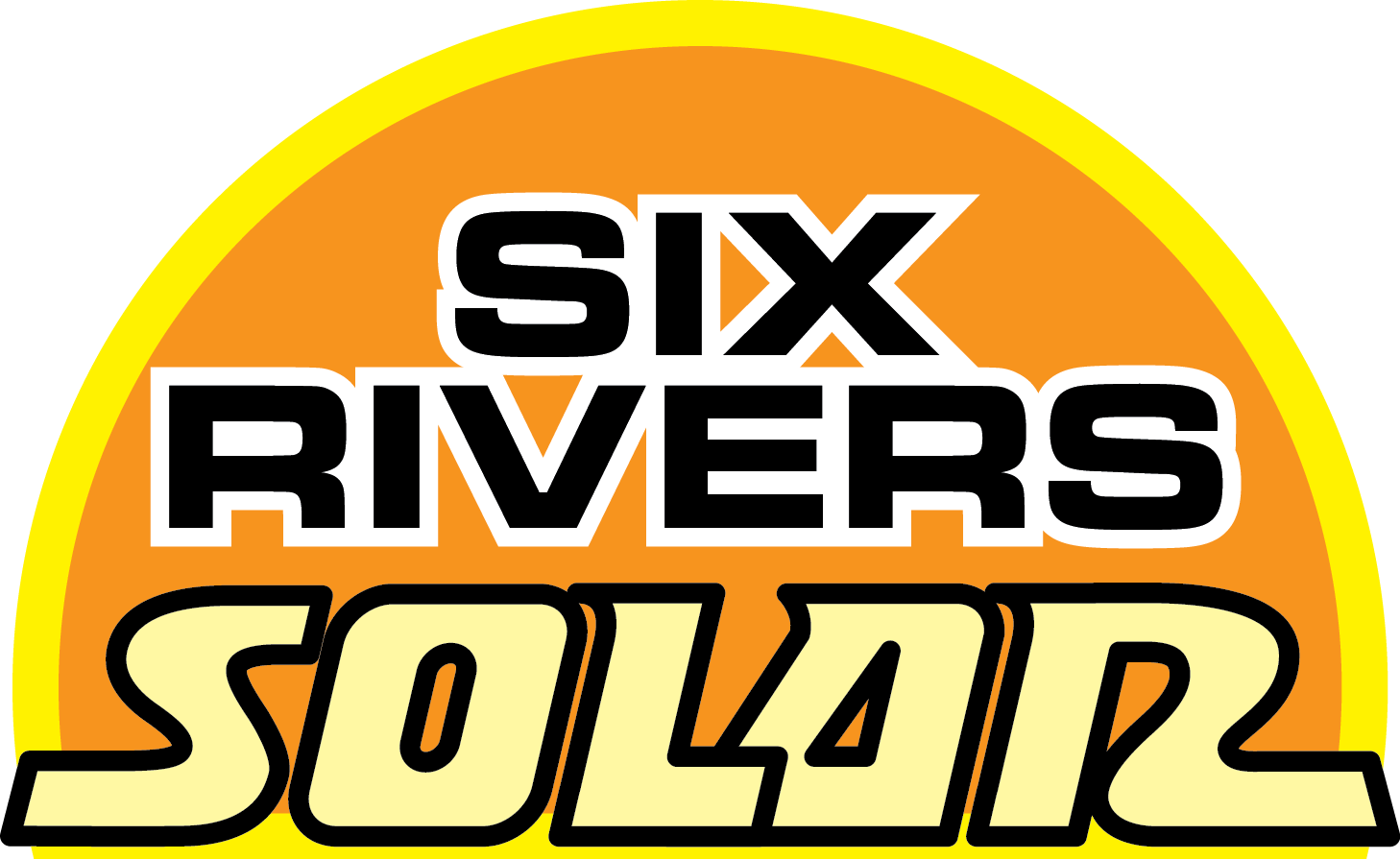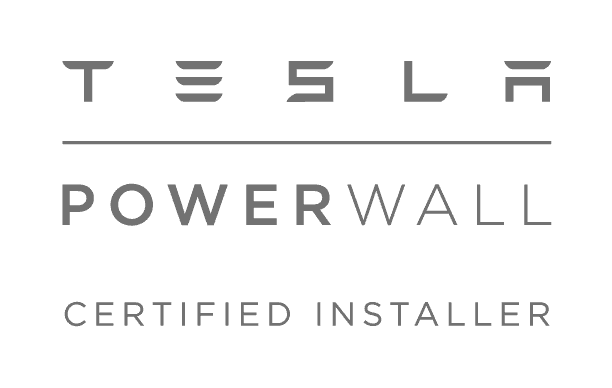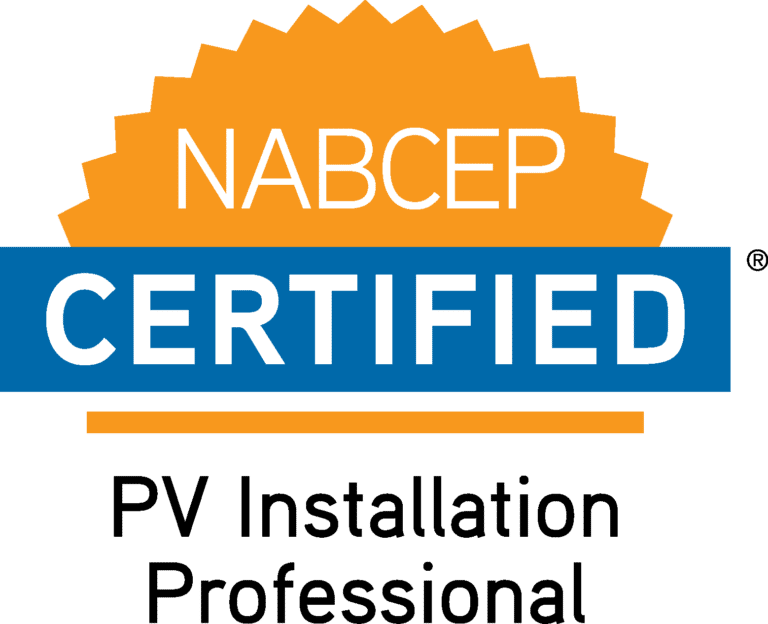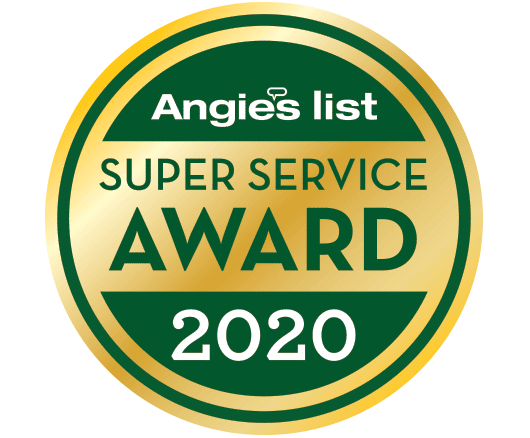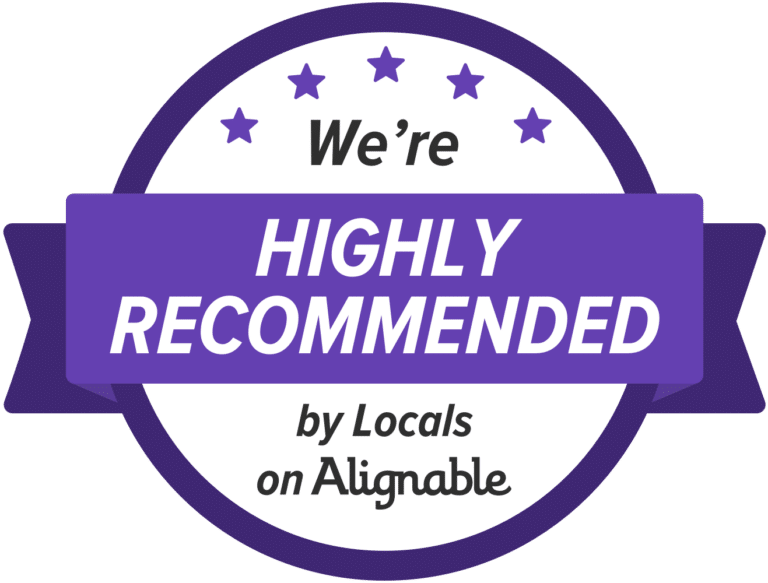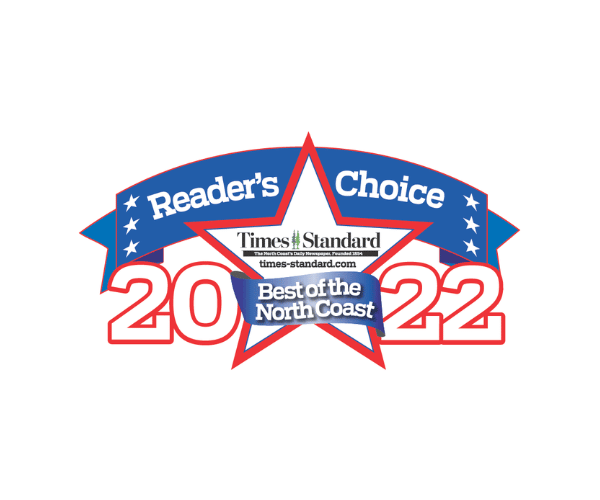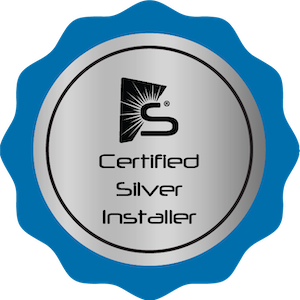Adding battery storage to your solar energy system will allow you to use more of the energy your solar panels generate so you can get the most out of your investment in a PV system. Solar batteries store the excess electricity your solar panels generate during the day, so you can run your home on stored solar energy when your PV panels are not producing enough electricity to meet your needs.
If you’re thinking about installing solar batteries for your home or business, it will be helpful to learn how energy storage technologies work and whether the benefits of solar batteries are worth it for you.
What Is a Solar Battery?
A solar battery is a device that can be connected to your commercial or residential solar system. It stores the extra energy that your solar panels generate on sunny days when there is plenty of light available. This creates a backup power source for your home which you can use at any time—at night, on cloudy days, and during power outages. Solar panels don’t work when the power is out unless you have a solar battery, so if you want backup power during an outage, a battery is a must!
If you have solar panels but do not have a solar battery, any extra electricity you generate will be sent to the electric grid. Thanks to net metering in California, you can get credits for the electricity you send to the grid, but it is more profitable to use that energy yourself.
Solar batteries can also be used to create off-grid and microgrid solar systems. Off-grid solar systems and most microgrids do not have a grid connection. Instead, they rely on large solar battery banks to store backup power for the home or building to use when the solar panels are not producing enough electricity. This allows you to be entirely self-sufficient when it comes to power generation.
The Science Behind Solar Battery Storage
There are a few different battery storage technologies, but most home solar battery banks utilize lithium-ion batteries. This is the same type of battery that’s in your smartphone. It is a safe, reliable technology that has a greater storage capacity and higher depth of discharge than many other types of batteries.
So, how do lithium-ion batteries work?
Lithium-ion batteries contain a negatively-charged anode and a positively-charged cathode with a separator between them and an electrolyte that fills the remaining space in the battery. Lithium ions move through the electrolyte as they travel back and forth between the anode and the cathode. This process stores and releases energy, allowing the battery to charge, discharge, and recharge.
What about lithium iron batteries?
Lithium iron phosphate (LFP) batteries are becoming more common in battery backup systems. LFP batteries are low in cost, safe, and have longer life cycles than lithium-ion batteries.
How Do Solar Batteries Work with Solar Panels?
Solar batteries store the direct current (DC) electricity that your solar panels produce, which must be converted into alternating current (AC) electricity before it can be used for power. There are two ways this can be done: AC-coupled storage and DC-coupled storage.
DC-Coupled Solar Battery Storage
DC-coupled home solar battery storage systems are the most efficient option because the electricity only needs to be converted once. Here’s how DC-coupled batteries work:
- Solar panels capture sunlight and generate DC electricity.
- DC electricity is routed to and stored in the battery.
- DC electricity is routed through an inverter and converted into AC electricity before entering the home.
AC-Coupled Solar Battery Storage
AC-coupled home solar power battery systems operated slightly differently than DC-coupled batteries:
- Solar panels capture sunlight and generate DC electricity.
- DC electricity is routed through an inverter and converted into AC electricity.
- Excess AC electricity is routed through another inverter to be converted back into DC electricity for storage.
- When the stored electricity is needed, it must be routed through an inverter again to be converted back into AC electricity.
Because the electricity must be converted so many times in an AC-coupled system, AC-coupled battery systems are less efficient than DC-coupled systems. However, AC-coupled systems allow you to charge your batteries with your solar panels and with the grid, so you can keep your battery fully charged even when your solar panels are not producing enough electricity. AC-coupled systems are also easier to add to existing solar panel systems and are typically the best option for a battery retrofit.
Solar Battery Installation on the North Coast
Six Rivers Solar installs solar batteries for homeowners, businesses, and cannabis farms on the North Coast and throughout the Emerald Triangle. We have been the North Coast’s leader in renewable energy since 1980 and are a 100% locally owned and operated company. Our engineers specialize in complex solar battery storage and off-grid design and can design the best solar power battery bank for your home or business. Give us a call to learn more about how solar batteries can help you save money and utilize more clean energy. We would be happy to provide a free consultation and estimate.
